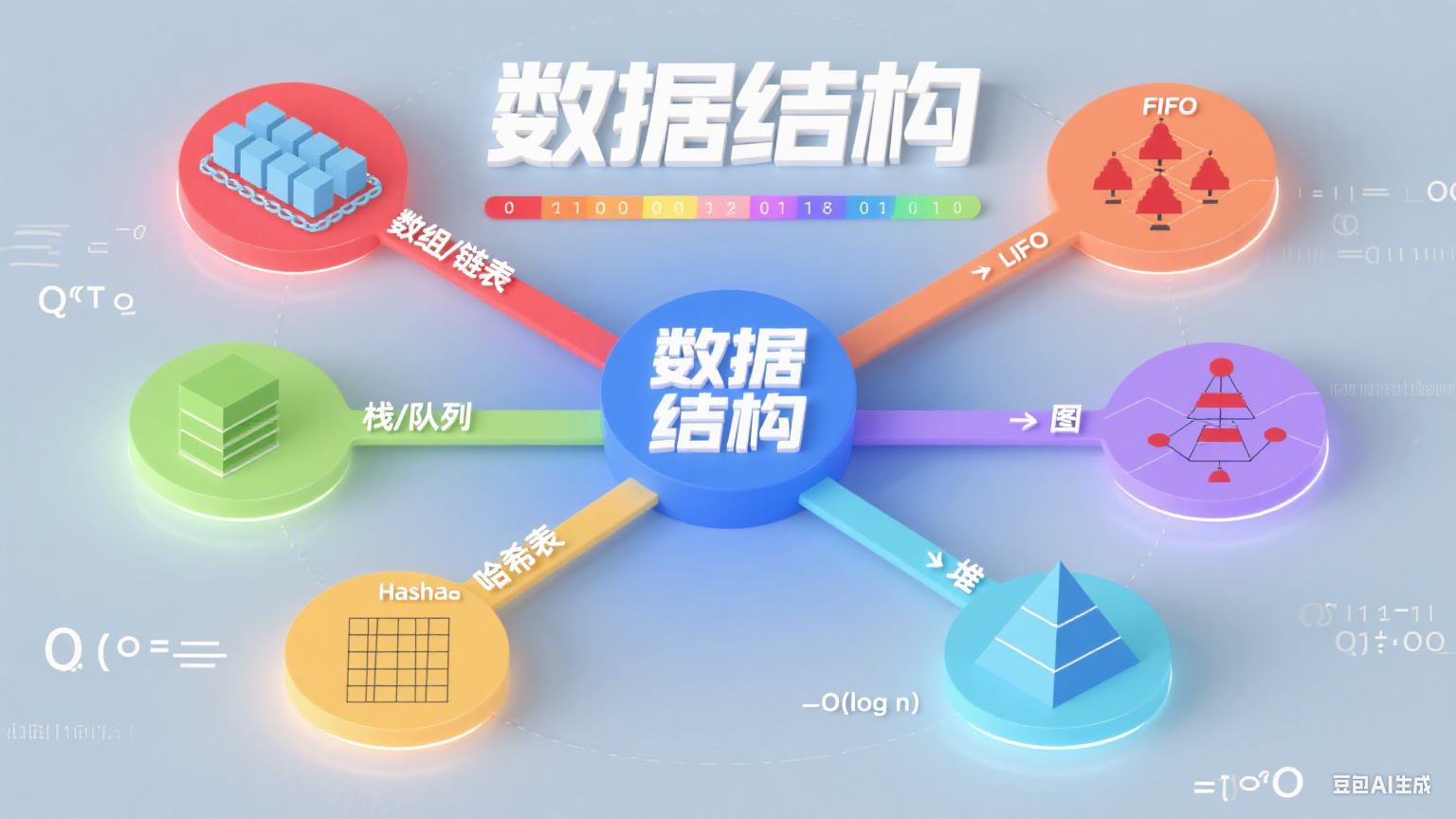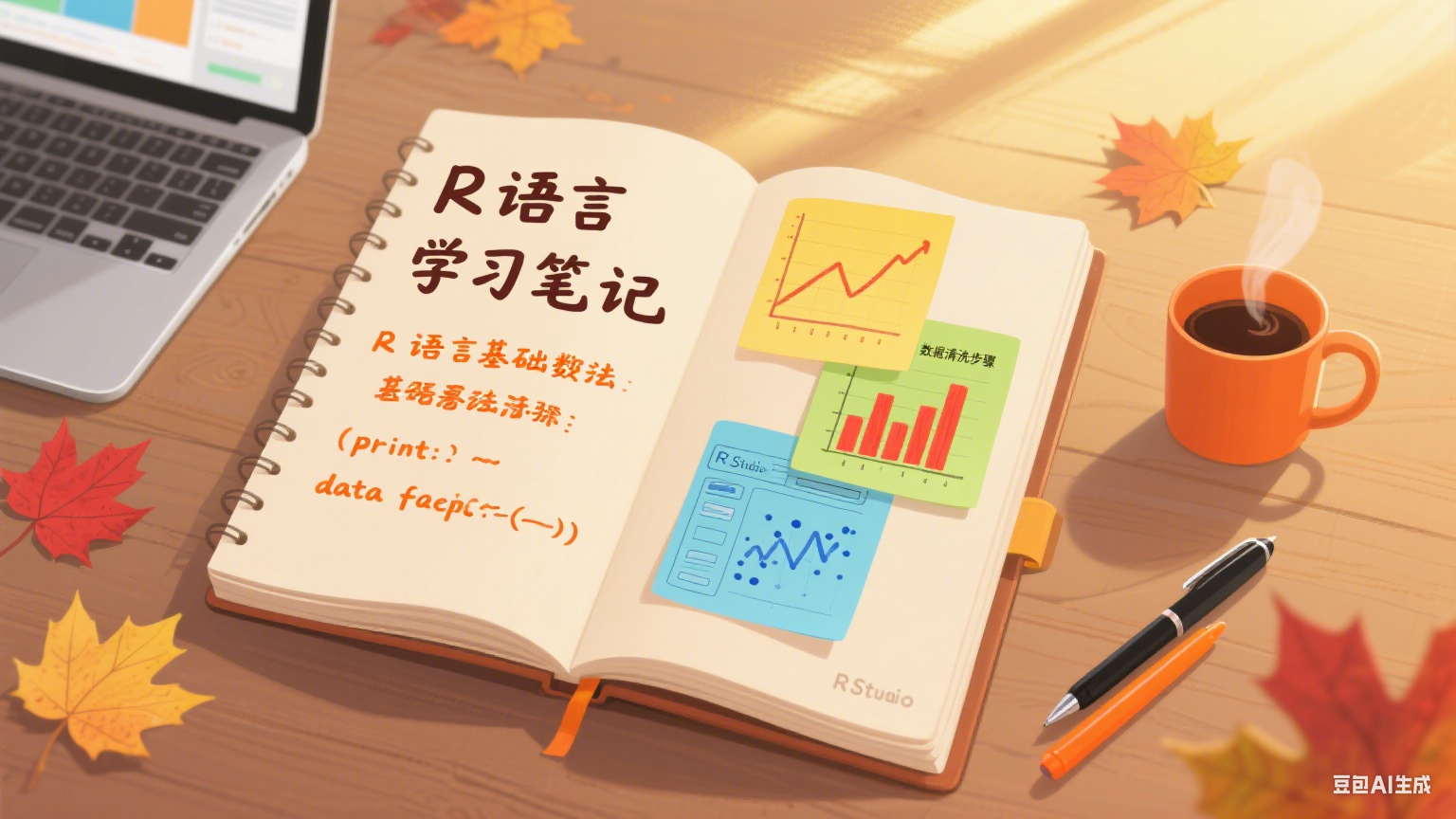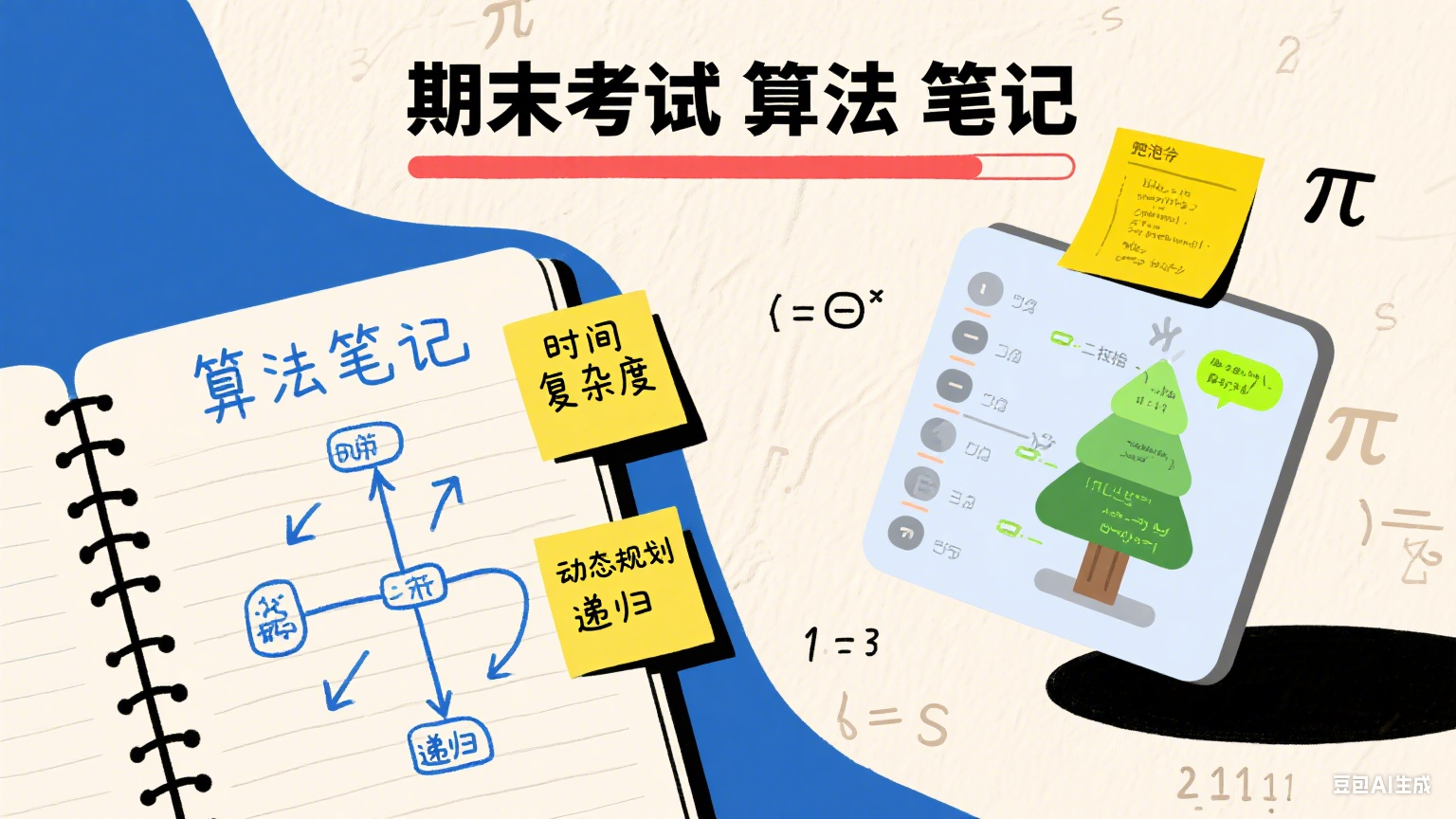Third-party candidates could be decisive in America’s election
Third-party candidates could be decisive in America’s election
第三方候选人可能在美国大选中起决定性作用。
When the Democratic【民主党】 candidate, Al Gore, narrowly【险些】 lost the presidential election of 2000, Joe Biden, a senator【参议员】 at the time, directed his fury【愤怒】 at one of the also-rans【败选的参与人】, Ralph Nader. The left-leaning【左倾】 Mr Nader won 97,488 votes in Florida, far more than Mr Gore’s losing margin【票数差距】 of 537. “Nader cost【导致】 us the election,” Mr Biden concluded【得出结论】.
当民主党候选人Al Gore差点在2000年的总统大选中落败时,时为众议员的Joe Biden将愤怒直指其中一位败选者Ralph Nader。身为左倾的Nader先生在佛罗里达州以97488张选票数量,远胜于Gore先生537张选票。“Nader几乎让我们输掉选举”,拜登得出结论。
在阅读时,我以为还纳闷明明民主党已经赢得了选举,但Biden还说“Nader cost us the election”,之后才知道,这是对虚构情景的描述,并不是真的,在英语语境中,使用类似这样的句子来表达对某人或某事的责备或归咎是相当常见的。。
Nearly a quarter of a century later, Mr Biden is the Democratic candidate in a race that is also likely to be close. With Nikki Haley, Donald Trump’s final adversary【竞争对手】 in the Republican【共和党】 primaries【党内候选人】, suspending【暂停】 her campaign this week, he has in effect【已经发生,但还没正是宣布】 secured【获得】 the Republican nomination【提名】. That sets up【导致、安排】 a rematch【对决】 between Mr Biden and Mr Trump. But several【几个】 other candidates have also vowed【承诺】 to run and are trying to get themselves on the ballot【选票】. Given the closeness of【接近程度】 the polls【选票结果】, it is quite possible that these third parties could tip【倾向】 the election either【任意一种】 way.
在将近1/4个世纪后,作为民主党候选人的Biden先生也面临了相同的风险。随着Nikki Haley,Donald Trump最后的共和党提名候选人的竞争者在这周暂停了她的竞选活动,他已经获得了共和党的提名。这在Biden先生与Trump先生之间导致了一场竞争。但其他几个候选人也表示提名正在参选,并努力确保他们自己的名字出现在选票上。鉴于民意调查结果的接近程度,这些第三方候选人都有可能左右获选结果,无论哪个方向上都有可能。
Mr Nader, for one【就个人而言】, appears worried. He has always rejected the idea that he was responsible for Mr Gore’s loss and remains a critic【批判】 of America’s two-party system. He says he would never tell a third-party candidate not to run, but also seems resigned【认命的】 to the fact that one cannot win in 2024. He certainly cannot bring himself to endorse【支持】 Mr Biden, whom he calls “Genocide【种族灭绝】 Joe” over his support for Israel. Nonetheless【尽管如此】, he says, “The singular【特定的】 goal is to stop the Trumpsters and the fascism【法西斯】 that they bring with them.” For a repeated【重复的】 and unrepentant【不悔改的】 third-party candidate, that almost sounds like reluctance【不情愿】 to cast【投票】 a vote that might help return Mr Trump to the White House.
Nader先生,就个人而言,开始担忧。他总是拒绝对Gore先生失败的责任,并且保留对美国两党制系统的批判。他说他将永远不会让第三党候选人放弃竞选,但同时似乎也接受了2024年无法竞选成功的实事。他确信也不会接受基于支持以色列而被他称之为“种族灭绝者”的Biden。尽管如此,他说,“唯一的目标是阻止特朗普的支持者和他们所带来的法西斯主义。”对于一个一再表达和不悔改的第三方候选人,这几乎听起来像是不情愿支持Trump重返白宫。
上文中学习到了“over”的另一个用法,即可以表示原因,文中它还可以替换为“for”。有一个有意思的细节,文章笔者对Nader的形容为“unrepentant”,可见西方的春秋笔法。
Land of, say, three
Americans often say they are unhappy with their limited political options and would like a wider【广泛的】 choice. This year two-thirds of them are “tired of seeing the same candidates in presidential elections and want someone new”, according to a poll【调查、过程】 conducted in January by Ipsos. The same survey showed only a quarter of Americans “satisfied” with the two-party system.
美国人总是说他们对有限的政治选择感到不满,并且期望广泛的选择。根据调查,今年2/3的人“厌烦了在总统大选中看到相同的总统候选人并且希望看到新面孔。”相同的测验展示了只有1/4的美国人对两党系统感到“满意。
Yet【然而】 third-party candidates never win American presidential elections. The Republicans and Democrats have had a lock on the office since the civil war【内战】. No third-party candidate has so much as won a state since George Wallace carried five southern ones with a segregationist【种族隔离政策】 platform at the height of the civil-rights【公民权利】 movement in 1968. Only two third-party candidates have taken more than 5% of the national vote in the past 50 years: John Anderson, a Republican congressman, who won 6.6% in 1980, and Ross Perot, a Texan businessman, who won 19% in 1992 and 8.4% in 1996.
然而,第三党候选人从未赢得过美国总统选举。自内战以来,共和党和民主党一直牢牢掌握着这个职位。自1968年南部种族平等运动达到高潮以来,没有第三党候选人赢得过一个州的选举,甚至乔治·华莱士以种族隔离为纲领赢得了五个南方州。在过去的50年中,只有两位第三党候选人赢得了超过5%的全国选票:共和党众议员约翰·安德森在1980年获得了6.6%的选票,德克萨斯州商人罗斯·珀罗特在1992年获得了19%,1996年获得了8.4%。
It is not that voters are lying to pollsters about their openness to alternatives【替代方案】. The problem is America’s first-past-the-post【先过半数制度】 electoral system, which makes life much more difficult for smaller parties than a proportional【比例制度】 system would. Rational【理性的】 voters must consider not only how much they like a candidate’s policies, but also how likely he or she is to win. Although some voters may cast protest【反抗票】 votes for third-party candidates, the vast【巨大的】 majority opt for【选择】 someone who has a real chance to govern【执掌】. In presidential elections, that is always the Democrat or the Republican.
选民并不是在对民意调查人员谎报他们对替代方案的开放性。问题是“先过半制度”,一种相比“比例制度”能更为小党带来生存困难的制度。理智的选民不仅要考虑他们有多喜欢候选人的政策,还要顾虑候选人的获胜可能性有多大。尽管有些选民会向第三方候选人们投抵抗票,但真正大多数的票都投给那些有机会执政的党。这就是为什么总是民主党或共和党在大选中获胜。
But even if third parties can’t win the presidency【总统职位】, they can still influence the outcome of an election. Their ability to do so depends on two variables【变量】 in addition to【除了】 how many votes they receive: whether they draw【得到】 support disproportionately【不成比例地】 from one side and how close the race between the two main parties is.
但即使第三党派们无法获得总统职位,他们仍然可以影响选举结果。他们能做到这一点,取决于两个变量,除了他们收到多少选票:他们是否得到了另一方不成比例的支持以及两个政党之间的斗争有多激烈。
Even when third parties do well, they do not necessarily determine【确定】 the result. For instance【例如】, although Mr Perot won a far higher share of the vote in 1992 than Mr Nader did in 2000 (19% v 3%), it is not clear that he swung【影响】 the election. He ran as a centrist【中间派】, and seems to have taken votes in roughly【大致上】 equal measure from both the Republican candidate, George Bush senior, and the Democrat, Bill Clinton. By the same token, in 2016, even though votes for two third-party candidates easily exceeded【超过】 the winning margins in the handful of swing states that decided the election, the interlopers【干涉者】 do not seem to have determined the outcome. That is because most of their supporters would probably not have bothered【劳神】 to vote at all if they had not been on the ballot and because the pair largely cancelled【抵消】 one another out, with one on the left and one on the right.
Mr Nader, in contrast【相比】, ran squarely【坚定】 to the left of Mr Gore. Although he doubtless【无疑的】 attracted some voters who would not have cast a ballot if he had not been running, most of them would have been natural Gore supporters. What is more, the election was extraordinarily【惊人的】 close. Only 0.55% of his backers in Florida would have had to have voted for Mr Gore to change the outcome. Had Mr Nader not been on the ballot, Mr Gore would almost certainly have become president.
Through the populous fight
A similar upset is possible this year, for several reasons. First, polling suggests the election is likely to be close. The Economist’s poll tracker has Mr Trump ahead of Mr Biden by less than two percentage points, well within the margin of error. Second, there are plenty of third-party candidates in the race. The Green and Libertarian parties are both planning to field a candidate. So might No Labels, a well-funded group trying to counter partisanship in American politics. Cornel West, a left-wing academic, is running, too. And another independent candidate, Robert Kennedy junior, is polling especially highly, at as much as 18% in some recent soundings.
It is hard to know whether Mr Biden or Mr Trump should be more nervous. On the one hand, other factors being equal, the greater uncertainty generated by the presence of third parties in the race should help Mr Biden, as the narrow but consistent underdog. On the other hand, only 23% of Democratic primary voters are enthusiastic about Mr Biden’s candidacy whereas 48% of their Republican counterparts are excited about Mr Trump, according to a recent New York Times/Siena College survey. The Democrats’ half-heartedness might mean that Mr Biden’s supporters are more likely to defect to a third party.
What is more, several of the third-party candidates are clearly left-leaning. Jill Stein, the Green candidate in 2012 and 2016 (when she was accused of depriving the Democratic candidate, Hillary Clinton, of victory), is running again. Jason Call, her campaign manager, insists that her goal is to become president, but acknowledges that even winning 5% nationally would “be a big thing for us in terms of gaining more major party status and getting some federal funds to come along with it for the 2028 election”. She is polling around 2%. So is Mr West, a public intellectual and first-time candidate, who has been attacking Mr Biden as too militarist, too soft on Israel and too close to corporate America, among other failings.
Both Mr West’s and Ms Stein’s campaigns insist that if Mr Trump wins the election, the fault will not lie with their candidate, but with Mr Biden. Anthony Karefa Rogers-Wright of the West campaign fulminates, “You are managing to contemporaneously piss off your entire base in one election cycle. To go and then blame any electoral damage that comes from that on third parties is disingenuous and irresponsible.” In other words, third parties do not hurt mainstream candidates; bad mainstream candidates create an opening for third parties. What is more, both candidates hope to entice lots of new voters to cast ballots. Roughly a third of those eligible did not turn out last time, after all.
Nonetheless, it is hard to escape the conclusion that, to the extent Mr West’s or Ms Stein’s participation in the race hurts either main candidate, Mr Biden is more likely to suffer. The same cannot be said with certainty of Mr Kennedy, whose appeal seems to be much broader. As the son of Robert Kennedy, a former attorney-general and senator who was assassinated in 1968 while vying for the Democratic nomination for president, he is Democratic royalty. He ran initially in the Democratic primary himself, but pulled out in October, complaining that the competition was stacked in Mr Biden’s favour.
Mr Kennedy’s quixotic views seem more Trump-y than Bidenesque, however. He decries forever wars, vaccine mandates and unaffordable housing. BlackRock, the world’s largest asset manager, and Volodymyr Zelensky, Ukraine’s president, are recurring bogeymen in his stump speech. He speaks highly of Joe Rogan, a right-ish podcast host, and can sound like Mr Trump when decrying the media. Although he is an environmental activist, he has attracted attention in recent years mostly for propagating conspiracy theories about vaccines.
In January The Economist’s regular poll with YouGov found that neither Republicans nor Democrats see Mr Kennedy as one of their own. Only 14% of Democrats consider him a liberal while 34% describe him as a conservative. Yet only 10% of Republicans call him a conservative, while about a third think of him as a liberal.
For the moment, however, Mr Kennedy is more popular with Republicans: 61% view him favourably, compared with just a third of Democrats. Last year he even received an invitation to speak at the Conservative Political Action Conference, a big fixture in the Republican calendar. But that may simply be because he had been making Mr Biden’s life difficult by mounting a primary challenge. Some surrogates for Mr Trump have taken to attacking him since he withdrew from the primary.
Even harder to gauge than the effect of Mr Kennedy is that of No Labels, which is due to decide on March 8th whether to field a presidential candidate. For months it has been promising “to ensure Americans have the choice to vote for a presidential ticket that features strong, effective and honest leaders”. In practice, that means conjuring up a bipartisan ticket to challenge the main parties’ duopoly. The group has published a “commonsense agenda” with 30 ideas meant to appeal to the political centre.
But No Labels seems to be having a hard time finding a standard-bearer. Larry Hogan, a former Republican governor of heavily Democratic Maryland, was a contender but chose to run for the Senate instead. Joe Manchin, who is about to retire as a Democratic senator from heavily Republican West Virginia, has decided against joining the ticket. So has Mrs Haley. Chris Christie, a former Republican governor of New Jersey, has expressed interest, but may have difficulties in some states owing to “sore loser” laws, which bar candidates from running for president after losing a primary. The group seems to have plenty of money (since it is not a political party, it does not have to disclose donations), so could conceivably have an impact. But without a candidate, it is impossible to judge what the impact will be.
One way to test which of the main candidates is harmed by all the also-rans is by comparing surveys that only feature Mr Trump and Mr Biden with those that also include third-party candidates. In our head-to-head average Mr Biden trails Mr Trump by 1.9 percentage points. When named third-party candidates are included in the polling this gap grows to 4.6% points (see chart 1). Should this effect persist, Mr Biden will struggle to win the election.
This far out from the voting, however, polls are typically poor predictors of the final result—and that is especially true for third-party candidates. Scarlett Maguire of jl Partners, a polling and research firm, expects Mr Kennedy’s support, in particular, to wilt. The intractable arithmetic of the two-party system presumably becomes harder for voters to ignore as the election looms. At any rate, support for third-party candidates tends to dwindle in the polls or to end up lower than the polls predicted or both (see chart 2). In 2016, for instance, 11% of Americans told pollsters that they would vote for third parties. When push came to shove, however, only 6% did.
So proudly we railed
This year this effect may be especially strong. The widespread dissatisfaction with the choice of Mr Biden or Mr Trump may cause voters to consider other candidates, such as Mr Kennedy. Yet when they actually cast their ballots, the sense that the race has especially high stakes may induce them to stick with one of the main candidates after all. In the five Economist/ YouGov polls conducted since the end of January, the average support for a generic third-party candidate was only 5.7%. And unlike 2016, support for such a candidacy is uniformly low across age, race, education and sex. Voters may dislike both Mr Trump and Mr Biden, but most appear to dislike one a lot more than the other—and are willing to vote for whomever they consider the lesser of two evils.
America’s electoral system not only saps support from third-party candidates; it also makes it hard for them to get on the ballot. States have a bewildering assortment of deadlines for the necessary paperwork and require different and sometimes dizzying numbers of signatures of local voters to qualify. So far, Mr Kennedy, for instance, has made it onto the ballot only in Utah, Nevada, New Hampshire and Hawaii, according to his campaign.
Derek Muller of the University of Notre Dame reckons that “it’s not difficult” to get on the ballot in 30 states. The next ten are harder, and the final ten are truly daunting. “Ross Perot was able to do it pretty flawlessly in ’92,” he says, but some states have increased the number of signatures needed and moved up deadlines in recent years as the bigger parties try to exclude potential spoilers. The requirements in California, Florida, New York and Texas—which together account for some 28% of the votes in the Electoral College that ultimately decides the election—are among the most onerous.
Winning the backing of an established political party makes gaining access to the ballot easier. Ms Stein, as the Green candidate, was on the ballot in 44 states and the District of Columbia in 2016. Gary Johnson, the nominee of the Libertarian party that year, appeared on the ballot in all 50 states, as well as in dc. Doubtless for that reason, Mr Kennedy is flirting with the Libertarians, despite his interventionist views about economics, among other awkward policy stances. “I feel very comfortable with most of the values of the Libertarian party,” he recently told cnn. The party holds its nominating convention in May. No Labels, for its part, has already secured a line on the ballot in 16 states.
Perhaps the best indication that third-party candidates may indeed sway the race are the frantic efforts Democrats, in particular, are making to keep them out of it. In February the Democratic National Committee filed a complaint with the Federal Election Commission accusing Mr Kennedy’s campaign and a well-funded group that supports him of breaking the law by co-ordinating efforts to get him on the ballot. In January it hired a communications adviser to campaign against third parties. Some Democratic groups are trying to dig up embarrassing information on third-party candidates, while at least one is urging candidates to drop out of the race in swing states if they do not reach certain polling milestones.
Third Way, a centre-left think-tank, is leading a charge against No Labels. “No Labels’ fantasy electoral map defies every rule of political physics in order to claim they can win 286 electoral votes,” says a recent memo from the group. “They are putting our democracy at risk if they go forward with this doomed plan that will re-elect Trump.” No Labels, for its part, has filed a complaint with the Justice Department over alleged intimidation from groups like Third Way which, it claims, are trying to keep No Labels off the ballot.
So far Republicans have been less vocal about the threat of third parties, presumably because they see the current lot as helping Mr Trump. But if Mr Kennedy shows signs of peeling away his supporters, Mr Trump will doubtless let rip. Much will depend on whether No Labels decides to put up a candidate and whether it recruits a strong one, on whether Mr Kennedy manages to secure the Libertarian nomination in May and so on.
Above all, however, what will determine how important third parties are to the race is how close the competition between the two main candidates gets. If the margins widen in swing states such as Arizona, Georgia, Michigan and Pennsylvania, third parties will have been little more than a distraction (or, from the view of the campaigns, a source of unnecessary anxiety). But minor candidates could easily tip the balance in a close election.
This is not lost on many third-party voters, who are aware of the risks of their decisions. Chris Nelson, 29, attended a recent rally for Mr Kennedy in Charleston, West Virginia. Mr Nelson, a public defender, says he has already decided to support Mr Kennedy despite voting for Mr Trump in the past. Although a Trump victory is nearly guaranteed in West Virginia, he acknowledges that, should Mr Kennedy’s campaign attract enough support, it could help usher Mr Biden into office. That, he says, is just part of the democratic process: “That’s kind of what makes this country great, you know. That’s the risk you take when you go to the ballot box.”





